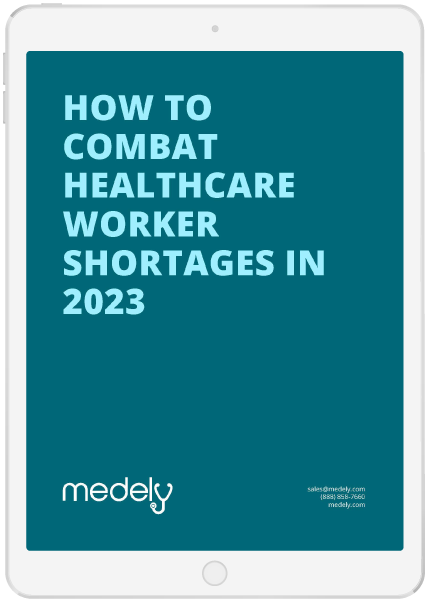In a landmark development for the healthcare industry, a bipartisan federal bill has resurfaced, aiming to address the pervasive issue of mandatory nurse overtime. This pivotal legislation, originally introduced in 2020, underscores the pressing need to rethink risky staffing practices and prioritize the well-being of our healthcare workers. As facility managers grapple with the implications of this bill, it becomes imperative to understand its provisions and explore innovative staffing solutions to navigate the changing landscape effectively.
Understanding the mandatory nurse overtime bill
The proposed legislation is committed to safeguarding the rights and welfare of nurses. By restricting the practice of compelling nurses to work overtime shifts, except in cases of genuine emergencies, the bill seeks to promote a culture of respect and autonomy within healthcare facilities. Moreover, it offers protections to nurses who choose to opt out of overtime shifts, shielding them from any form of retaliation by their employers. According to recent surveys, among practicing nurses, 39% intend to leave their position in the next year, with top-ranked workplace concerns including adequate staffing, patient safety, and staff safety.
Enforcement mechanisms
To ensure accountability and adherence to the prescribed guidelines, the bill empowers nurses to act as whistleblowers, providing them with a voice to report instances of non-compliance. Furthermore, facilities found in violation of the stipulated regulations could face significant fines. Frequent use of mandatory overtime was associated with a higher likelihood of departure from practice in the past two years, according to research.
The bill also establishes clear channels for reporting non-compliance. These channels ensure that nurses can report violations without fear of retaliation, fostering transparency and accountability. Facilities found violating the regulations face significant consequences, including fines and reputational damage. Research indicates a direct correlation between frequent mandatory overtime and adverse job outcomes for nurses, highlighting the urgency of addressing this issue. High levels of mandatory nurse overtime contribute to burnout, job dissatisfaction, and turnover, underscoring the importance of compliance with the bill to improve staff retention and create a supportive work environment.
Financial implications
The revised overtime threshold, set at $43,888, is poised to have a profound impact on healthcare facility budgets. With a larger pool of healthcare workers eligible for overtime compensation, facilities are likely to experience a surge in expenditure. However, amidst these financial considerations, it is crucial to prioritize the well-being and satisfaction of our nursing staff, recognizing their invaluable contributions to patient care. RNs and LPNs alike face substantial overtime demands, with percentages ranging from 47% to 52% working overtime, across various healthcare settings.
Addressing the challenge of mandatory nurse overtime:
With evolving regulatory landscapes, facility managers are under pressure to find staffing solutions that balance compliance with efficiency. Medely offers a transformative approach to workforce management by providing access to a vast network of qualified nurses on an as-needed basis. This flexibility allows facilities to adjust staffing levels according to patient demand, eliminating the need for mandatory overtime. Medely’s technology and data-driven insights optimize staffing, reduce costs, and enhance patient care outcomes. Moreover, Medely promotes a culture of flexibility and resilience, empowering nurses to maintain a healthy work-life balance and reducing the risk of burnout and turnover.
The Medely advantage
At Medely, we are committed to empowering healthcare facilities with the tools and resources they need to thrive in an ever-changing landscape. Our platform offers a seamless and cost-effective solution to staffing challenges, enabling facilities to optimize patient care while prioritizing the well-being of their nursing staff. With competitive rates and a robust network of healthcare professionals, Medely stands as a testament to our unwavering dedication to driving positive change in the healthcare industry.
Conclusion
As we navigate the complexities of regulatory reform, it is essential to embrace a forward-thinking approach to workforce management. The federal bill limiting mandatory nurse overtime heralds a new era of accountability and empowerment within the healthcare sector. By embracing innovative solutions like Medely, facilities can adapt to these changes with confidence, ensuring optimal patient care while fostering a culture of respect and support for our frontline healthcare heroes.

How to effectively combat healthcare labor shortages in 2024
Learn how to effectively combat healthcare labor shortages with an extended workforce to maintain continuity of care and gain access to tools you can use to manage your extended workforce more effectively and efficiently. In this eBook, you’ll learn:
- ■ Why nurses are leaving full-time jobs behind.
- ■ The factors impacting healthcare professional employment.
- ■ How you can use an extended workforce to meet demand.
- ■ How you can use data-led staffing planning to manage costs.



